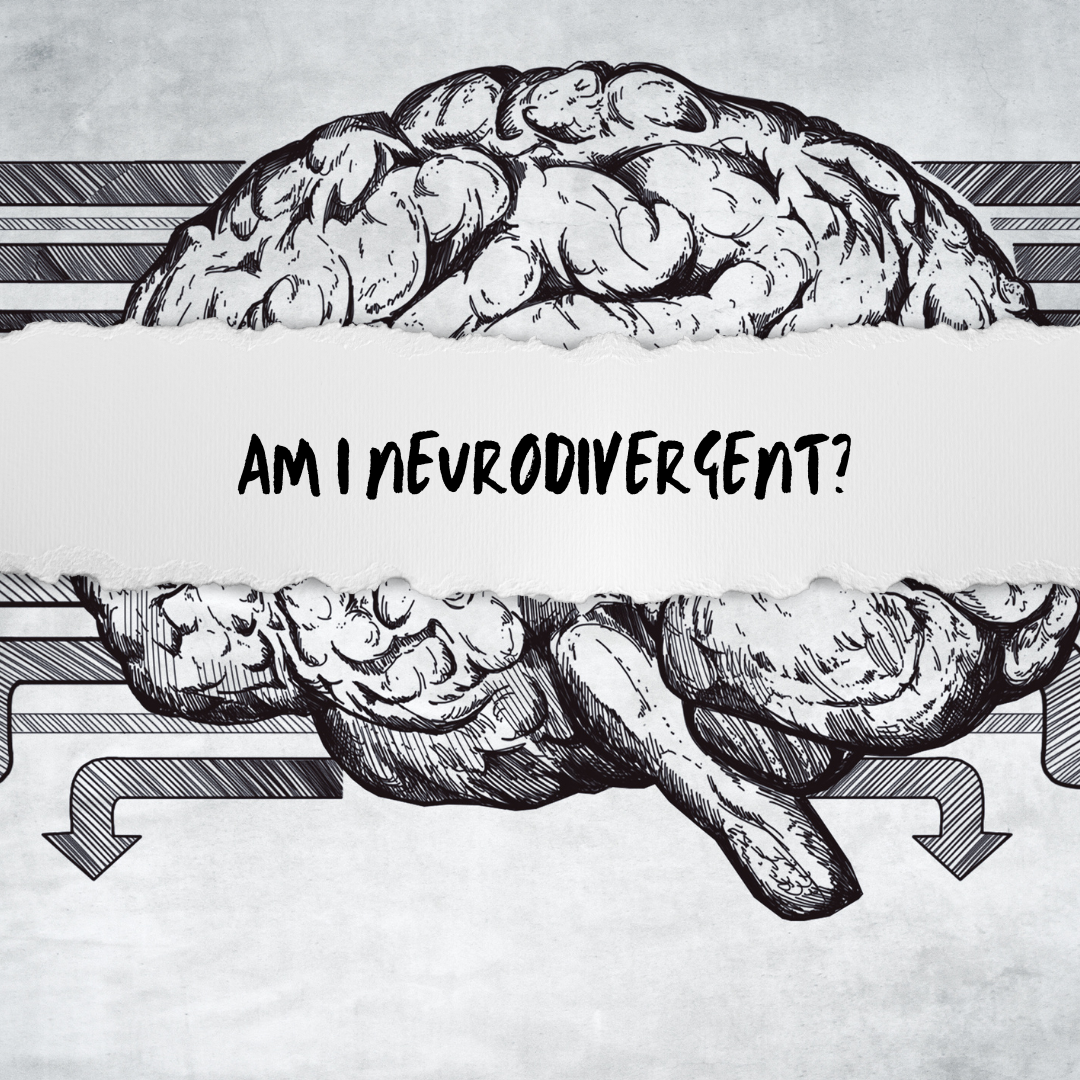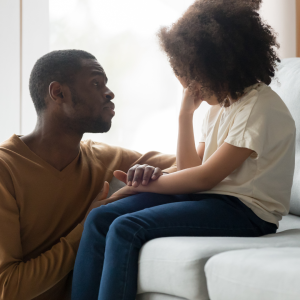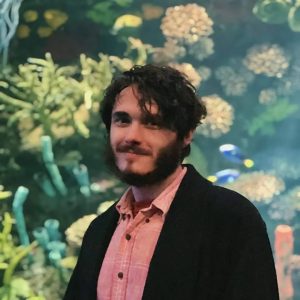Welcome to the heartbeat of Integrative Counsel, our blog where tranquility meets transformation. This is your sanctuary for insights and wisdom on nurturing a harmonious connection between mind, body, and spirit.
Am I Neurodivergent?

How can I figure out if I’m neurodivergent?
What does it mean to be neurodivergent, and if I am, how does that affect my life? It used to be that conditions like autism, ADHD, or tourette’s syndrome were treated like debilitating illnesses, but our modern understanding of them is more complex. Neurodivergent people are just normal individuals whose brains function a little differently than how they do typically, and they are all around us. Here are five ways you can improve your understanding of neurodivergence both within yourself and your loved ones.
Educate Yourself
 Some of the biggest obstacles for neurodivergent people are the unfortunate results of a lack of education. Neurodivergent people can often be misunderstood, ostracized, or discriminated against based on their symptoms, and we don’t give them the resources they might need to function. If you have a neurodivergent loved one, or suspect that you might be neurodivergent yourself, it behooves you to learn about the condition. By taking the time to learn about neurodiversity, you are making progress.
Some of the biggest obstacles for neurodivergent people are the unfortunate results of a lack of education. Neurodivergent people can often be misunderstood, ostracized, or discriminated against based on their symptoms, and we don’t give them the resources they might need to function. If you have a neurodivergent loved one, or suspect that you might be neurodivergent yourself, it behooves you to learn about the condition. By taking the time to learn about neurodiversity, you are making progress.
Seek Out Neurodivergent Voices
If you’re looking for perspective on the topic of neurodiversity, nobody has more of it than neurodivergent people. Listen to the neurodivergent people in your life about their experiences. Learn from the perspectives of neurodivergent people in the public eye, like Temple Grandin, or Michael Phelps. Be wary of organizations that claim to speak for neurodivergent people, but don’t put the neurodiverse in any positions of authority. Caretakers and medical professionals have a lot to offer neurodivergent people, but they cannot speak for us.
Empathize
 A frequently touted myth about autistic people in particular, is that they can’t or won’t empathize. In reality, neurodivergent people can often struggle with over-empathizing with the world around them to the point of overstimulation. Neurodiversity is a spectrum onto which we all fall to some degree, and recognizing the similarities in our experiences is something that lightens the load for all of us.
A frequently touted myth about autistic people in particular, is that they can’t or won’t empathize. In reality, neurodivergent people can often struggle with over-empathizing with the world around them to the point of overstimulation. Neurodiversity is a spectrum onto which we all fall to some degree, and recognizing the similarities in our experiences is something that lightens the load for all of us.
Get Diagnosed
“Wait a minute, what?” You say. “Why would I want to get a diagnosis?”
Here’s what you need to know: Every single neurodiverse person I’ve ever met has wished that they’d gotten a diagnosis when they were younger.
Attitudes towards diagnoses have made tectonic shifts in recent years. Whereas once, a diagnosis with ADHD or autism meant a child getting put into a different school or medicated beyond lucidity, now it can give neurodivergent people access to vital resources and support. Getting a diagnosis can bring you comfort, self-knowledge, and treatment that’s tailored to your needs.
Book An Appointment
Doing research and self-diagnosing can only get you so far. Working with a specialist will help you build a toolkit that will help you when a world that wasn’t built for you becomes overwhelming. One of the specialists in our practice, Michael, specializes in helping neurodiverse people build their toolkits and cope with a world that frequently misunderstands them.
If you feel stuck on your healing journey, working with a therapist can help. Based on your needs, our intake specialist will help you get matched up with your perfect therapist. Click here to schedule a consultation.
Sunny Ebsary is an educator, multi-modal artist, and writer specializing in the intersection of myth and mental health. Sunny’s writing walks the line between poetic and logical, giving readers a chance to interface with the mind and imagination. Sunny’s been putting pen to paper since he was a child, writing everything from albums, novels, and plays, to essays, interactive games, and of course, many articles! While studying both psychology and writing, he realized his real passion in life was helping others unlock their creative spark. Whether he’s leading a D&D game, directing a production, or diving deep into the brain, you can be sure Sunny will be ushering you toward finding meaning in your life.
June 22, 2022
Click here to book a consultation call and start navigating your personal path to mental harmony with a therapist who gets you. Your journey, your pace, your story—let's unfold it together.
Let's keep the conversation going.
Feeling the spark to light up your wellness journey?
resources
CONTACT
RATES
join us
shop
SERVICES
OUR APPROACH
visiting professionals
OUR TEAM
HOME
727.342.0054
hello@integrativecounsel.com
Integrative Counsel is committed to providing culturally competent services. We respect the uniqueness of every person including, but not limited to race, ethnicity, gender identity, sexual orientation, class and religious affiliation.
